Our Stories
Hawa is a young woman who has lived in Ngolahun from childhood to adulthood. She considers herself poor and socially excluded from the mainstream of her village, due to her inability to meet basic needs in life and for her children. Hawa also lives as a single parent fending for herself and three children. Now, how does healthcare mean to her “To me, I am always feeling sick and indeed I know and feel that health is our major challenge but health has never been my priority because my little earnings can barely feed my family and beside there really no better drugs and services to access here so we live by God’s Grace.”
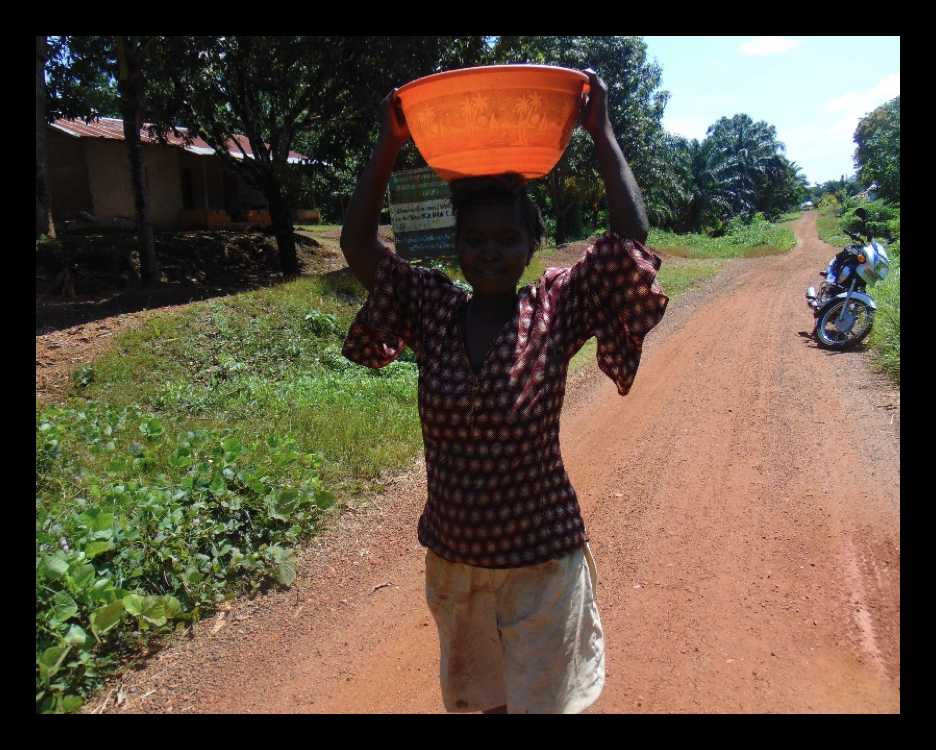
Mama Sallay is a middle-aged woman who went to support her sister deal with gynecological problems. She stated “my sister is struggling to respond to treatment in this hospital due to poor services provided by the current clinic. She has also stayed about a month now waiting for medical supply as she can’t access other health”. She further explained that her daughter-in-law also delivered a baby recently and is now critically ill with post-natal complication after delivering her second child in Ngolahun health center because she was not opportune to regular effective health checkups.
This is the inside view of the current health center. It has a small admission room of 10’x10’ with five locally-made beds to accommodate sick women and children. The photos further indicate that even the setting is not hygienic for patients. Drinking bucket is placed on the bare cemented floor and bed are not comfortable for patients with heart problems. The center cannot at the moment admit any patient as there is no drug delivery since April of this year 2018. Even taking this snapshot was a challenge. Due to the size of the room, you can’t get the whole view of the room.
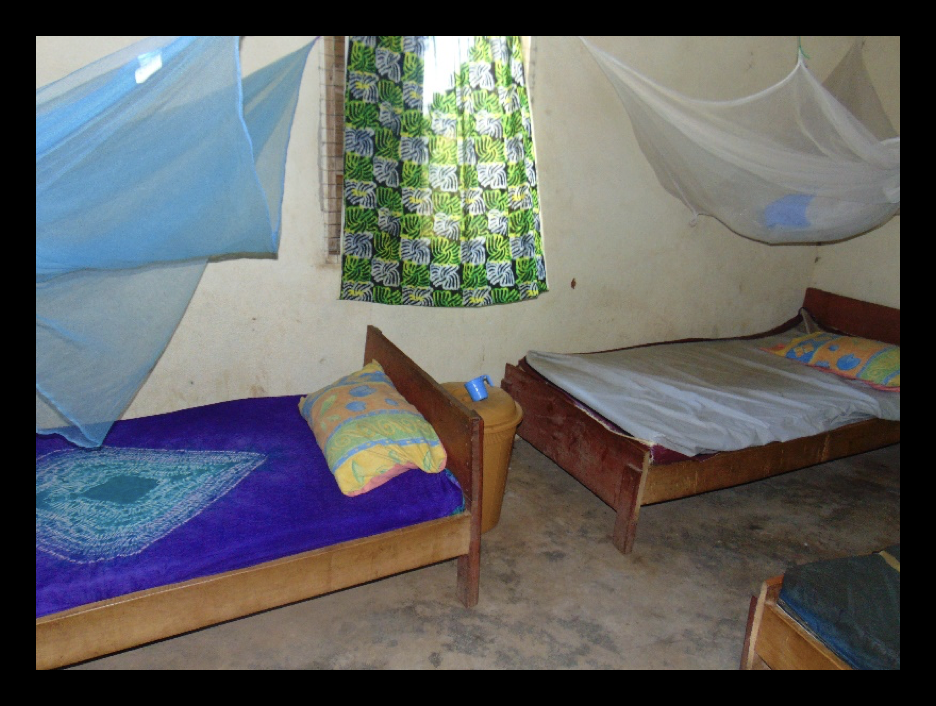
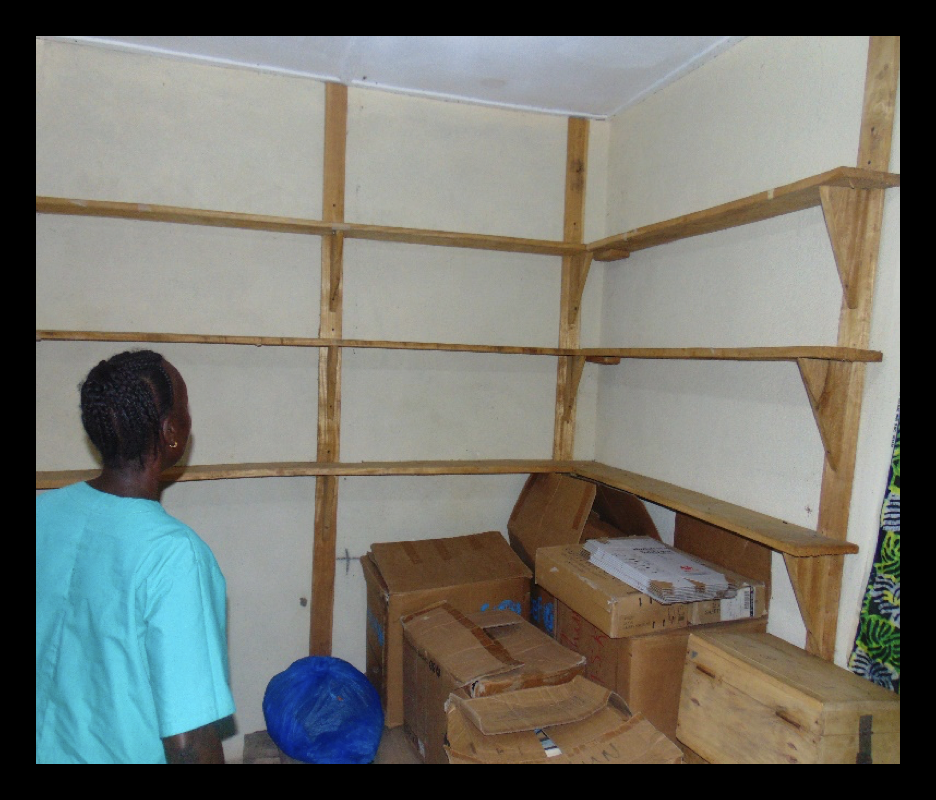
“As the In-charge Nurse, I have been here for more than five years now and the health does not receive regular drugs and medical supplies and it has always been like this, now we only have drugs for malaria and sore treatments and nothing else! We are still waiting for our last three quarter drug supplies!” The photo is an eye witness to show that more than half of the drug store is empty and has no medicine in the shelves. Beneath are the empty boxes of tents for malarial prevention. The nurse stated that she is very discouraged and disappointed in the system each time she enters the drug storage room because half of the drug store is empty. She lamented: “If we can’t have drugs supplied frequently to our 7’ by 7’ drug store room, then providing services will be a challenge “.
The Ngolahun Health Center, from first-hand observation, only has drugs available for treatment of sores, malaria test kits and syringes. No needles are available for the syringes.
The Nurse complained: “Many villagers depend on this health center for the whole of the chiefdom as it is in charge of maternal and child health service delivery. If we are incapable of providing these services, then the rest of the women and children are at risk of preventable disease”
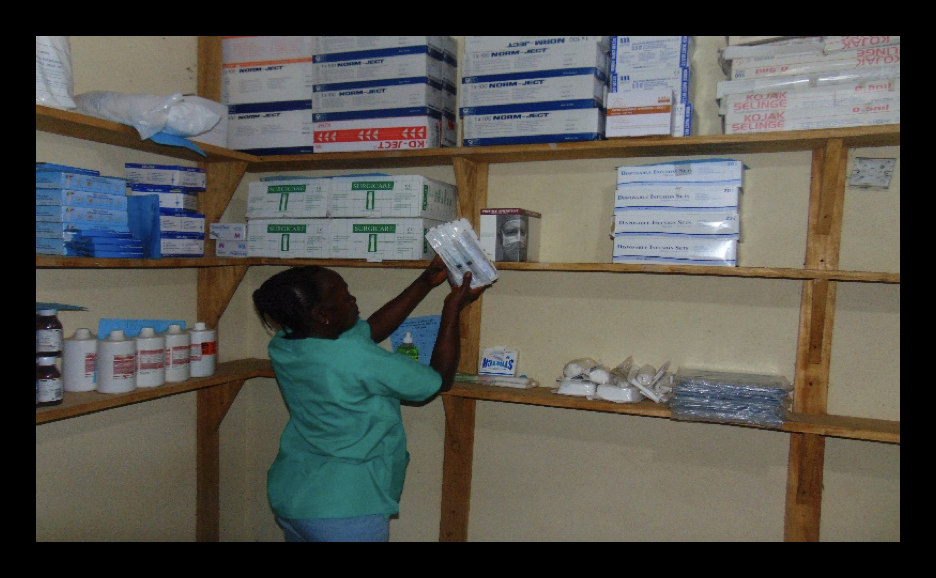
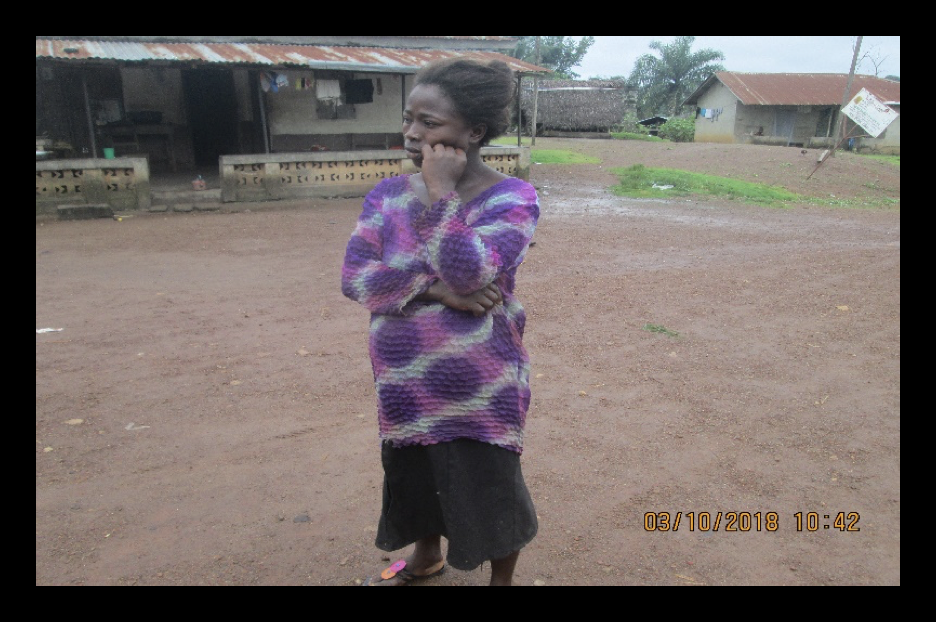
Mamawa is young mother of two children and currently pregnant. Like her, many pregnant women fight with their husbands in order to meet basic needs. She explained that: “I just had bitter arguments and fights with my husband over food and money to attend clinic. I am 6 months pregnant by him. I can’t afford to even go to a better health center because I don’t have the money to pay for services.”
Just like Mamawa, many lactating mothers and children in Ngolahun village are malnourished and unhealthy because of inadequate post-natal healthcare service for women. Mamawa told me this: “Ever since I gave birth to my child, i have not gotten any serious medical attention. My husband can’t afford to take me to the hospital and I don’t have the money to access healthcare services either. They are expensive and I am not able to attend them.”
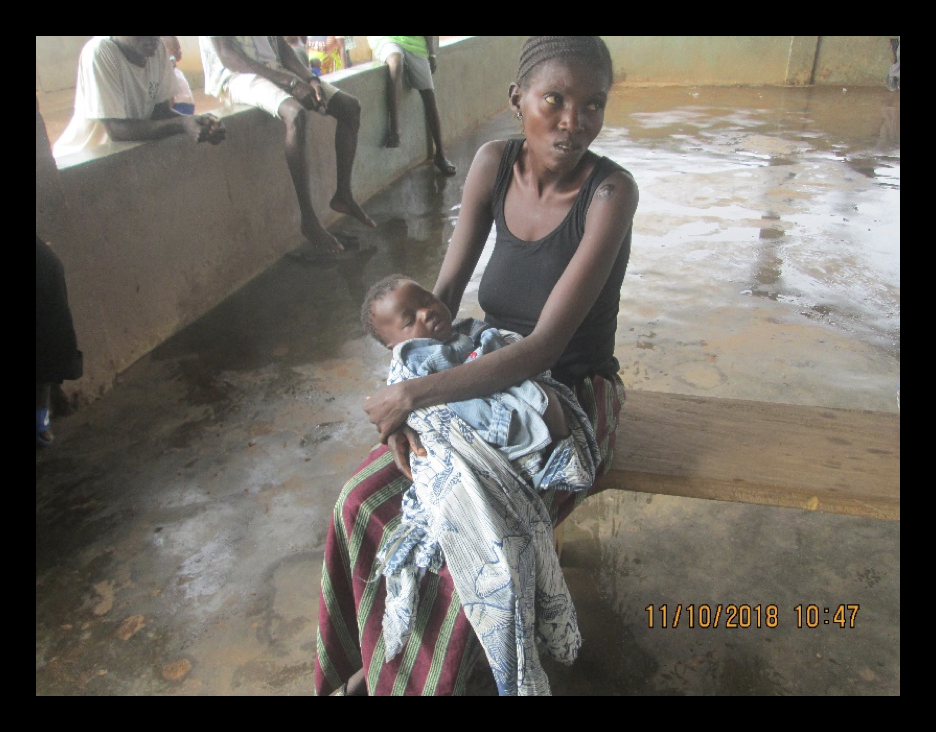
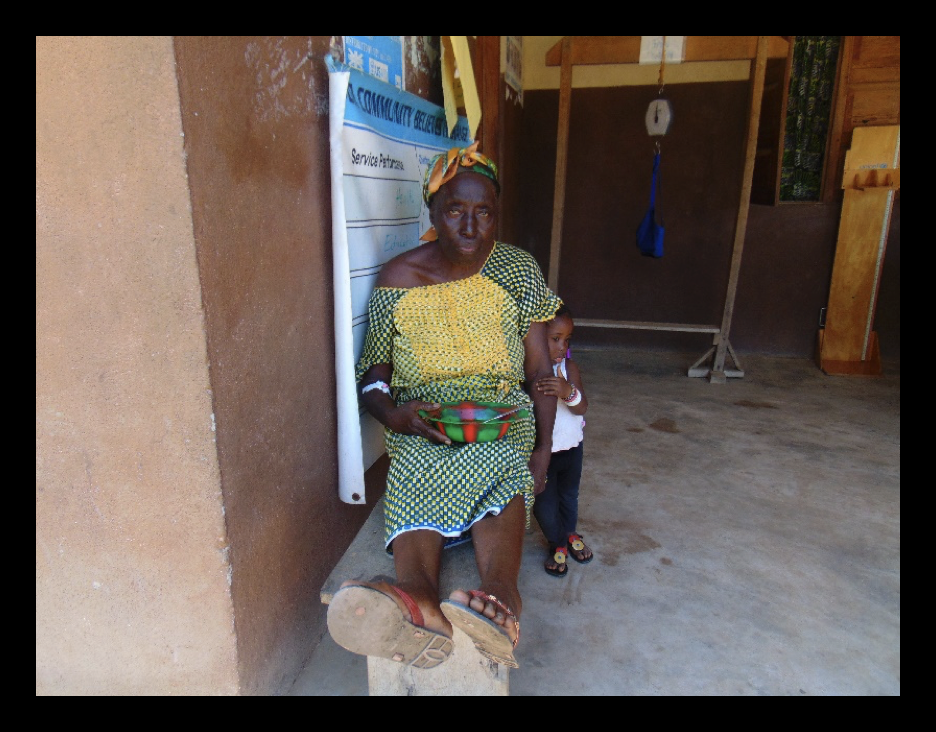
Mama Abie went to assist her granddaughter who was admitted at the clinic for treatment. Mama Abie got infected with malaria and had to be admitted as well for the past five months. She stated that: “I and my daughter have been very slow to recover from our ailments because the medical supplies needed are not available at the health center”.
Poor nutritional practices, maternal complications and poor post-natal and neo-natal health services has caused poor child growth in many children in the village of Ngolahun. Miatta who will be celebrating her 16th birthday by the end of November still looks like a 9 year old child. She has had this swollen stomach and dry limbs ever since she was born. She explains that: “ I am like this because my parents couldn’t afford medical services to solve my problems. They have been telling many stories I don’t understand. I have only noticed lack of medical attention to me and now my fellow children discriminate against me because of my condition.“ It is unlikely that Miatta will live to old age. Her experience of life in Ngolahun is harsh with little or no love & care from those around her.
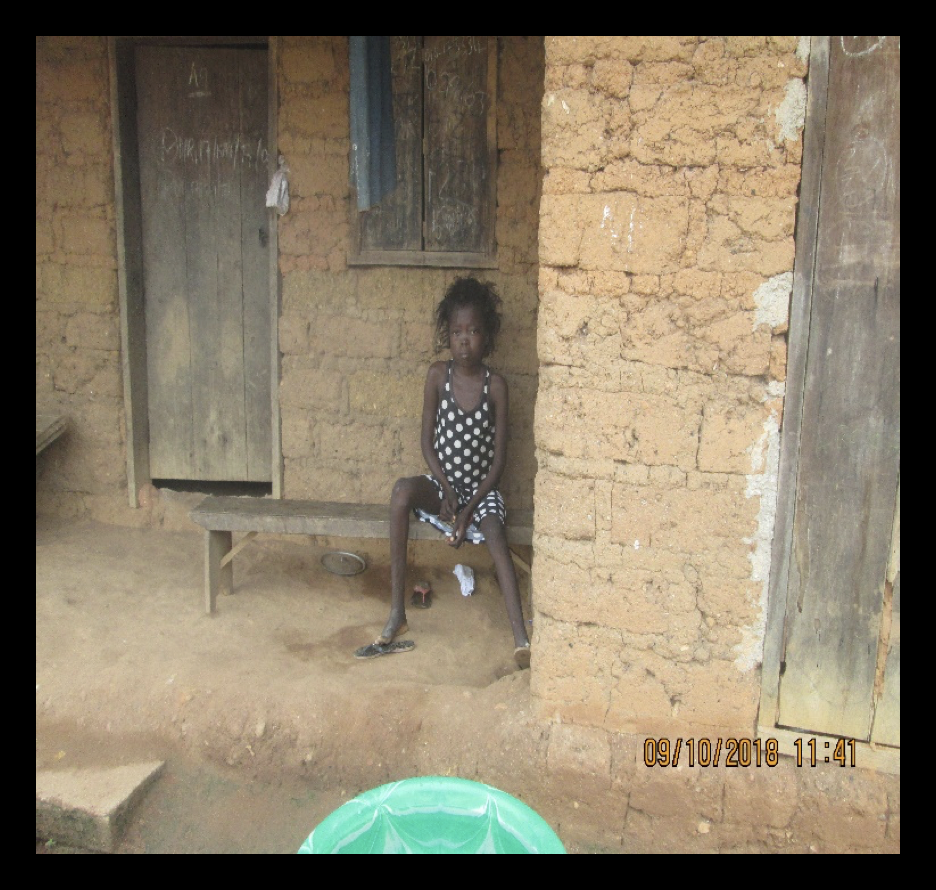
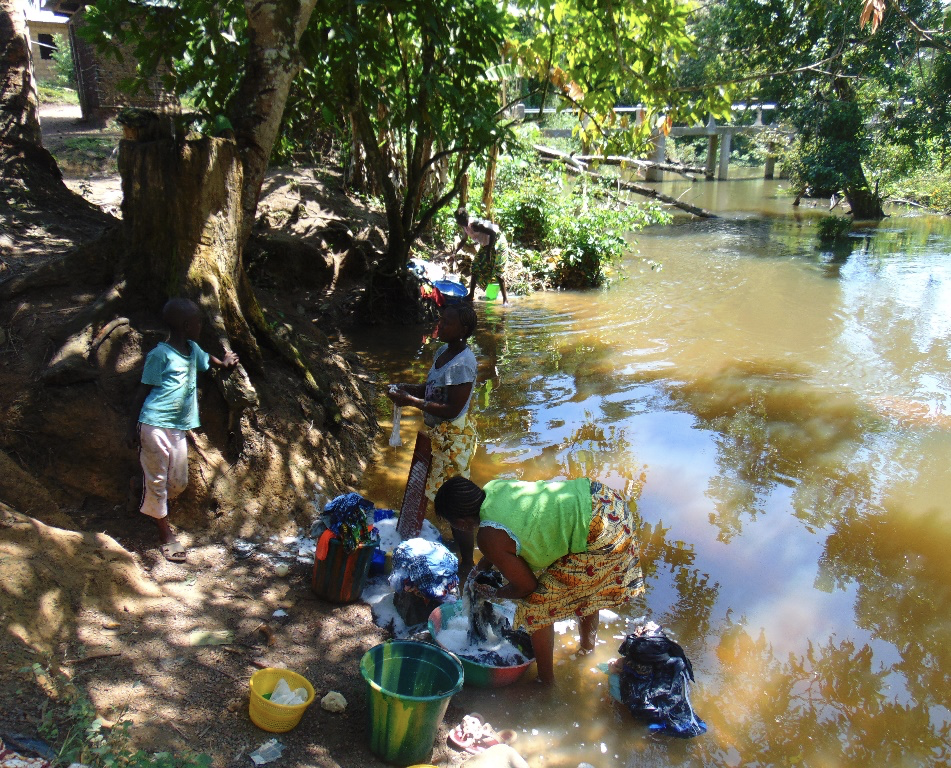
Living conditions in Ngolahun are still a challenge for most rural women. The water women use for laundry is not clean and causes rashes, scabies and worm infections. The current capacity of the healthcare system in Ngolahun cannot solve the problem. The women explain together: “We don’t have a clean water source for laundry. We have resorted to using this stream to wash our clothes. We are also using this water to for bathing & drinking. It is causing diseases for us and our children at an alarming rate. This is becoming another health concern for our community as not all wells run year round and are protected.”
